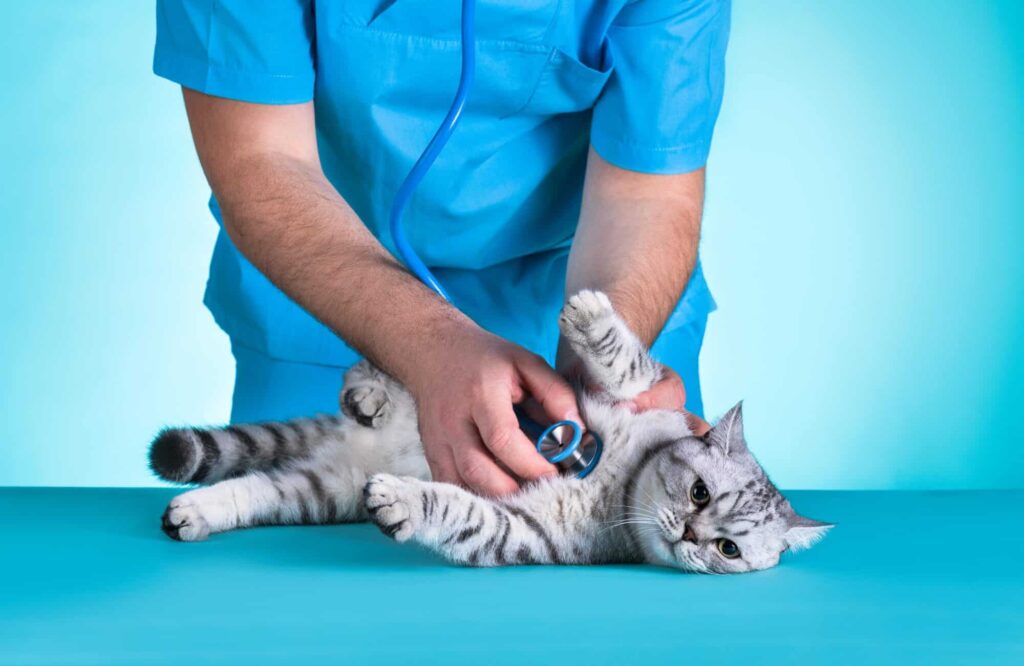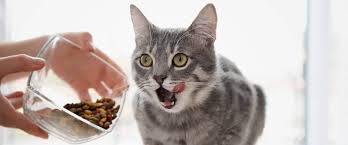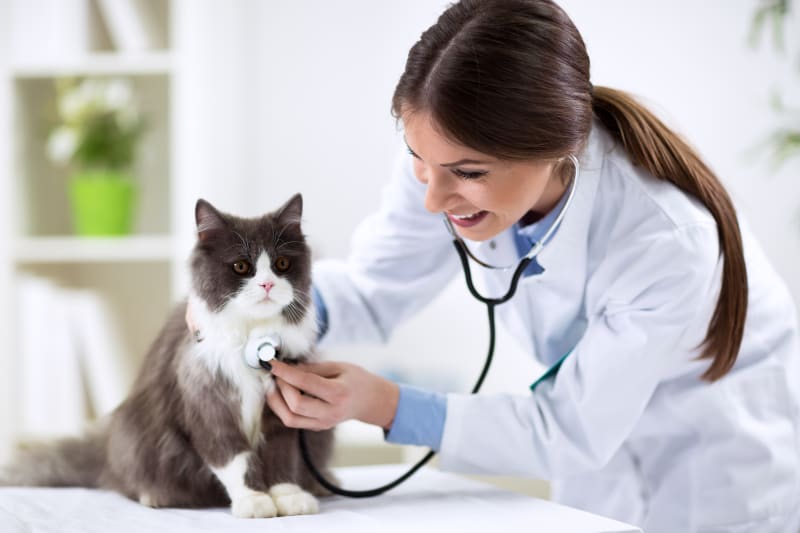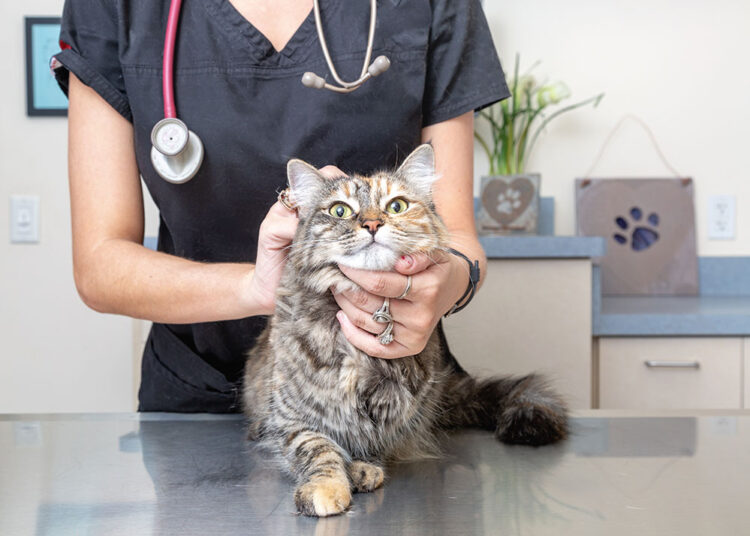“An ounce of prevention is worth a pound of cure.” – Benjamin Franklin
Regular vet check-ups are the cornerstone of ensuring your cat’s long-term health and well-being. According to the American Veterinary Medical Association (AVMA), cats should see their veterinarian at least once a year for a wellness exam. However, a startling statistic from the American Pet Products Association reveals that only about 58% of cat owners take their cats to the vet annually. This gap in preventive care can lead to serious health issues that could have been easily avoided with routine check-ups.
Early Detection of Health Issues
One of the most compelling reasons for regular vet visits is early detection of health problems. Cats are notorious for hiding illnesses, often showing symptoms only when a condition has advanced. During a routine check-up, veterinarians can detect early signs of common feline diseases such as kidney disease, diabetes, and hyperthyroidism. Early diagnosis allows for timely intervention, which can significantly improve your cat’s quality of life and longevity.

Routine Blood Tests and Physical Examinations
Routine blood tests and physical examinations are essential components of a regular vet check-up. Blood tests can uncover abnormalities that may not be evident through a physical exam alone. For instance, elevated liver enzymes or abnormal blood glucose levels can be early indicators of serious conditions that require immediate attention. Physical exams can also reveal issues such as dental disease, which affects up to 70% of cats over the age of three and can lead to severe pain and systemic infections if left untreated.
Preventive Care and Vaccinations
Preventive care is a crucial aspect of maintaining your cat’s health. Regular vet visits ensure your cat stays up-to-date with vaccinations, which protect against life-threatening diseases like feline leukemia, rabies, and feline distemper. Additionally, vets can provide essential services such as deworming, flea and tick prevention, and dental cleanings.
Tailored Health Plans
Every cat is unique, and their health care needs can vary widely based on factors such as age, breed, and lifestyle. A routine vet visit allows the veterinarian to create a tailored health plan for your cat. For example, senior cats may require more frequent check-ups and specific screenings for age-related conditions, while indoor cats might need different vaccinations compared to those who spend time outdoors.
Behavioral and Nutritional Guidance
Cats are complex creatures with specific behavioral and nutritional needs. Regular vet check-ups provide an opportunity to discuss any concerns you may have about your cat’s behavior or diet. Vets can offer advice on a range of issues, from managing obesity—a condition affecting nearly 60% of cats in the United States—to addressing behavioral problems like anxiety or aggression.

Nutritional Assessments
Proper nutrition is vital for your cat’s health, and dietary needs can change over time. During a routine check-up, your vet can assess your cat’s diet and make recommendations based on their current health status. Whether it’s switching to a senior formula to support aging joints or addressing a food allergy, expert guidance ensures your cat receives optimal nutrition.
Cost Savings in the Long Run
While some cat owners may be deterred by the cost of regular vet visits, investing in preventive care can lead to significant savings in the long run. Early detection and treatment of health issues can prevent costly emergency visits and advanced treatments. Moreover, maintaining your cat’s health through regular check-ups can avoid the financial and emotional burden of managing chronic diseases.
Affordable Care Options
Many veterinary clinics offer wellness plans that spread the cost of preventive care over the year, making it more affordable. Pet insurance is another option that can cover routine check-ups and unexpected illnesses, providing financial peace of mind.

Building a Trusting Relationship
Routine vet visits help build a trusting relationship between your cat and their veterinarian. This relationship is crucial, especially in emergencies, as a familiar vet can quickly recognize changes in your cat’s health and provide immediate care. Additionally, a cat that is accustomed to regular vet visits is likely to experience less stress during each appointment.
Conclusion
Regular vet check-ups are not just a luxury but a necessity for your cat’s health and happiness. They ensure early detection of diseases, provide essential preventive care, offer behavioral and nutritional guidance, and can save you money in the long run. Most importantly, they contribute to a higher quality of life for your feline friend. Make a commitment today to schedule regular vet appointments, and give your cat the gift of a healthy, happy life.





















